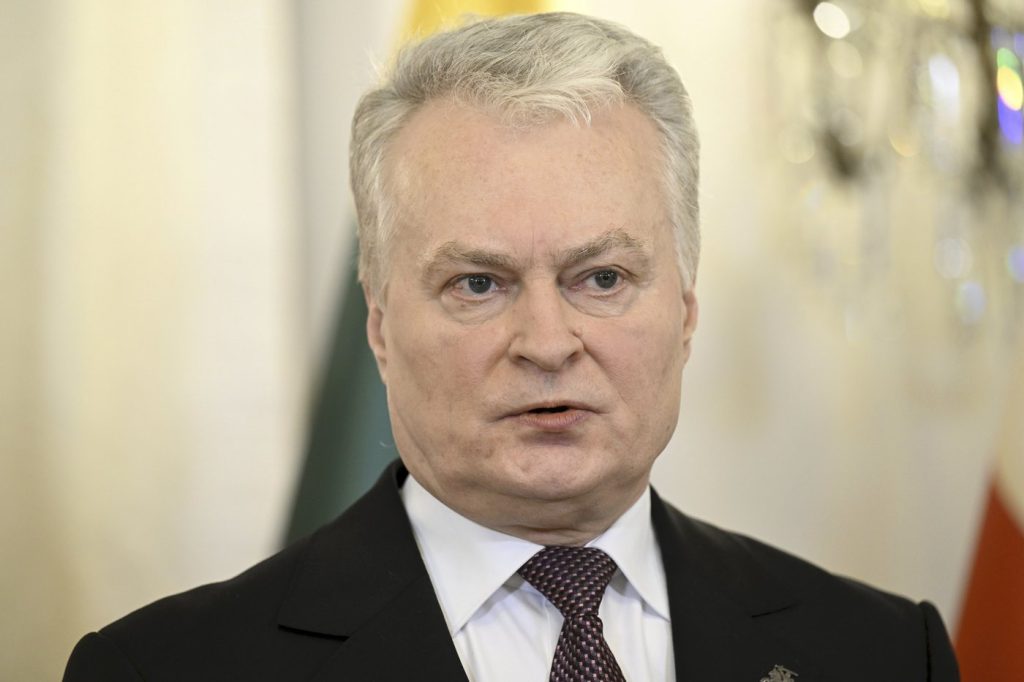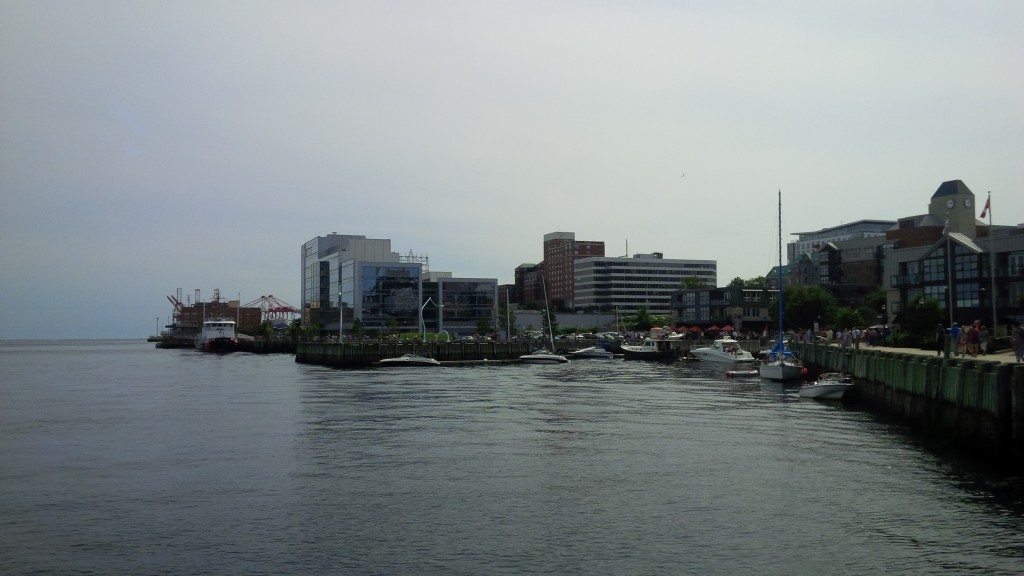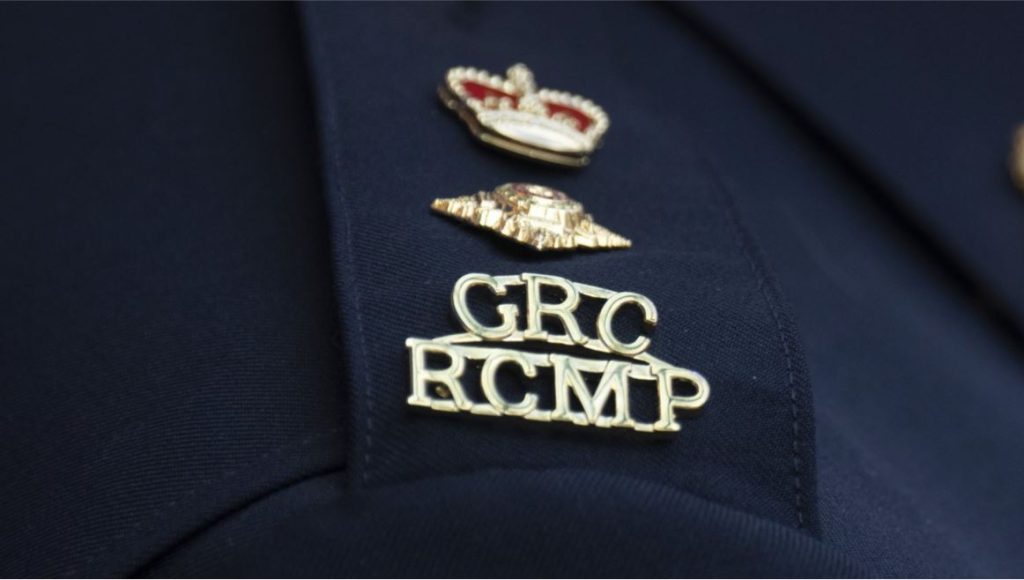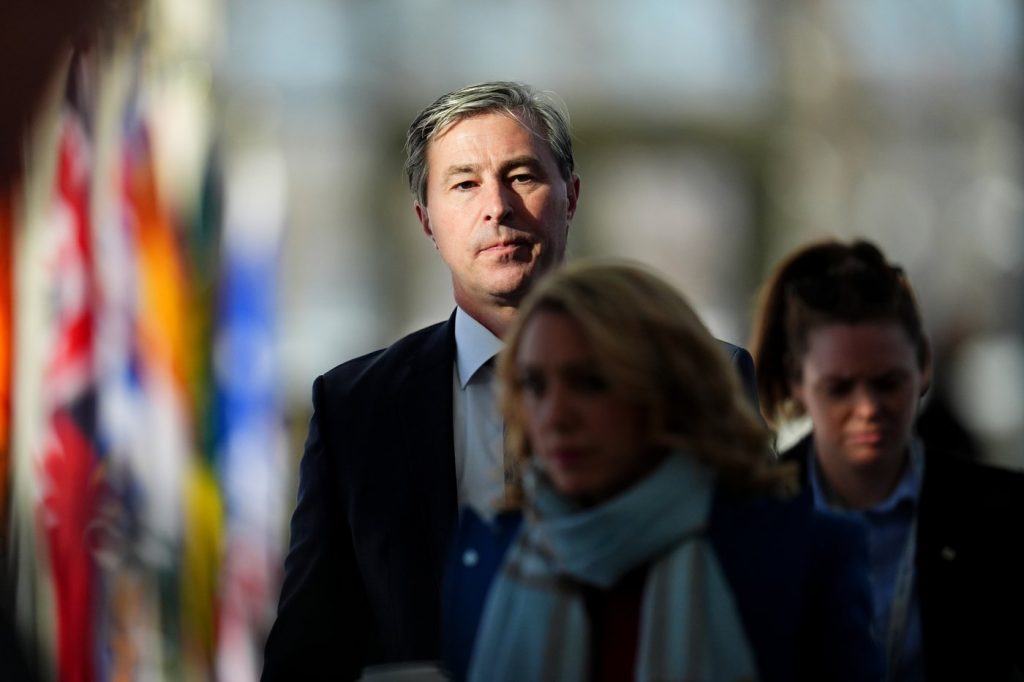Lithuania vows to boost defense spending to 5-6% of GDP, citing the threat of Russian aggression

Posted Jan 17, 2025 06:29:44 AM.
Last Updated Jan 17, 2025 04:45:22 PM.
VILNIUS, Lithuania (AP) — Lithuania has decided to raise its spending on defense to between 5% and 6% of overall national economic output starting in 2026 due to the threat of Russian aggression in the region, Lithuanian President Gitanas Nausėda said Friday.
With the president’s pledge, the Baltic nation bordering Russia becomes the first NATO nation to vow to reach a 5% goal called for by U.S. President-elect Donald Trump. It currently spends a bit over 3%.
Nausėda said the “historic decision” was taken by the State Defense Council on Friday. “The possibility of Russian military aggression is still real, but not imminent,” Nausėda told reporters after the meeting in the Lithuanian capital, Vilnius. “We need to increase our efforts to strengthen defense and deterrence significantly, devoting more resources to this end.”
The decision comes as European members of the NATO alliance are wrestling with how to deter their newly aggressive neighbor to the east in the wake of Russia’s invasion of Ukraine. Increases in defense spending have moved onto the agenda as Europe faces a new U.S. administration from Monday under Trump, who has for years expressed skepticism about NATO, openly questioning the value of the alliance that has defined American foreign policy for decades and threatening not to defend members that fail to meet defense-spending goals.
Trump has also said he would not rule out the use of military force to seize control of Greenland, an autonomous territory belonging to NATO member Denmark.
Reaching the 5% goal, up from the current 2% goal for members, would make Lithuania the NATO country spending the most on defense as a percentage of its economic output. The current leader is Poland, which already spends more than 4% and plans to go higher.
“Our security is also assured by our membership in the NATO alliance, but it will only be effective if we are prepared to defend ourselves,” Nausėda said. The center-left government has increased the state’s international borrowing limit in order to be able to spend more on defense.
There has been a mixed reaction from European NATO leaders to Trump’s call to massively raise investments on defense, with some stressing the difficulty of raising their spending so dramatically and potentially taking on additional government debt. The three Baltic states are well within the European Union limit on government debt of 60% of annual economic output, but Germany faces constitutional restrictions on added borrowing and France is facing concerns over its debt pile of 110% of GDP.
Spain was only spending 1% on defense in 2022, when Russia launched its full-scale invasion of Ukraine in 2022. It has since raised that to 1.5%.
However those on NATO’s eastern front who feel most vulnerable are embracing the idea, and many believe costly expenditures on defense now will be far less expensive than having to defend themselves in case of Russian aggression later.
“If you’re a Baltic country, you’re much more exposed to immediate threats than, let’s say, if you’re Portugal,” said Guntram Wolff, senior fellow at the Bruegel think tank in Brussels. “So there’s a distributional issue here about who will invest how much. And the Baltics certainly may want to invest more.”
But other countries supporting the Baltics with higher spending, he said, “from a European perspective makes perfect sense because they are, in a sense, the front line and whatever they do is also protecting ourselves.”
Additional spending is likely to come from borrowing at first to spread the shock of the changed security situation over a number of years, he said, but eventually political decisions will need to be made about shifting spending from other areas.
Margarita Šešelgytė, the director of the Institute of International Relations and Political Science in Vilnius, argues that there is no way around increased defense spending because Russia shows no sign of relenting in its nearly three-year war in Ukraine.
“We are a front-line state and should act like one. The war is ongoing and Russia’s military production is functioning at full capacity,” she said in an interview this week with The Associated Press. “The new administration in the U.S. adds uncertainty to the future situation in Ukraine. America is losing its appetite to be present here, so we need to speed up investments in our security.”
She acknowledges that financing the purchases of weapons and other investments raises the question of where that money should comes from, and undoubtedly “would stress the budget significantly.”
Because of Lithuania’s recent economic growth, it is in a strong position to borrow internationally.
“The economy of a democratic country cannot function in such a regime for long periods, but right now we need a burst of initiatives and investments,” Šešelgytė said.
___
David McHugh in Frankfurt and Vanessa Gera in Warsaw, Poland, contributed reporting.
Liudas Dapkus, The Associated Press








